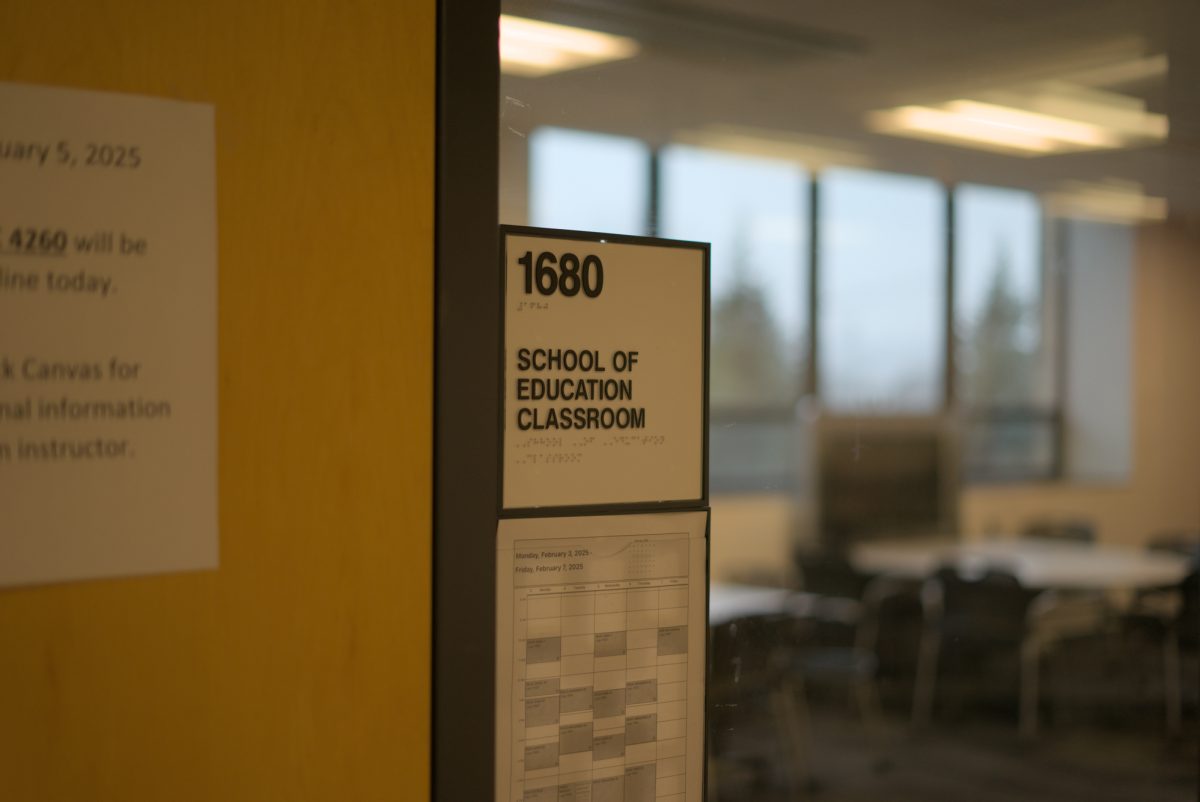Coronavirus affects students’ ability to study abroad, future of programs in question
Students studying abroad in Italy made arrangements to return to the U.S. earlier than expected. The university prohibited all travel to Italy after a CDC level three warning about coronavirus.
May 6, 2020
In mid-March, Iowa State students prepared for online courses, evacuated their dorm rooms, suspended almost all employment and adjusted to the new reality presented by COVID-19.
Similar to the chaos experienced by students on campus, many battled comparable circumstances with the added challenge of booking flights to return home. To help these students, study abroad officials and advisers adapted to COVID-19 by facilitating students’ return and adjusting degree requirements.
“We were tasked with delivering the news to students that we’re going to crush their dreams,” said Shelley Taylor, director of study abroad for the College of Agriculture and Life Sciences.
Exits were sudden; many students received notification to evacuate their host country in under a week. The university tried to mitigate the dire emergency departures by reimbursing some of the cost associated with flight rearrangement.
Taylor mentioned the university grappled to convene decisions quickly and help students continue their education as smoothly as possible.
“There were a lot of efforts to help students complete their credits. Some continued courses online; some substituted courses with Iowa State courses,” Taylor said. “I believe that every student who came back was able to academically complete their semester.”
Despite success of the credit replacement, some students’ concerns were broader than the woes of traveling and upgraded to include graduation viability due to international requirements in their degree programs.
Chad Gasta, department chair of world languages and cultures, assured the pandemic is unique, and many departments worked with students to accommodate situations accordingly.
“Students need to know that we are absolutely on their side,” Gasta said. “While we think [study abroad] is the most transformative thing they’ll do in college, advisors and department chairs will absolutely work with them to complete their degrees on time. We may not be able to replace that transformative experience, but we can try to make sure there’s little setback in their education.”
Examples of such accommodations included allowing international studies students to complete their internship experience virtually through international partnerships or doing virtual coursework with exchange students.
For the fall semester, all entities remain uncertain about the viability of students studying abroad with the pandemic’s unpredictability.
Shaun Jamieson, international risk analyst in the Office of Risk Management, manages information and recommendations for all university-related international travel. While his team understands the importance of studying abroad, he said they must consider all relevant factors.
“Our goal is to preserve these experiences in any way we can but to make sure that we’re not putting students at unnecessary risks in doing so,” Jamieson said.
Major entities like the Centers for Disease Control and Prevention, the World Health Organization, the U.S. Department of State and the Iowa Board of Regents will need to relax travel restrictions before fall to continue study abroad programs, Jamieson said.
Other influences included regular flights in and out of the foreign country, which is necessary in case of short-notice extractions, and there will be a difficulty in acquiring student visas before the fall semester.
When traveling abroad, health and safety regulate many of the decisions the university considers when determining these programs, but many try to accommodate the situation.







